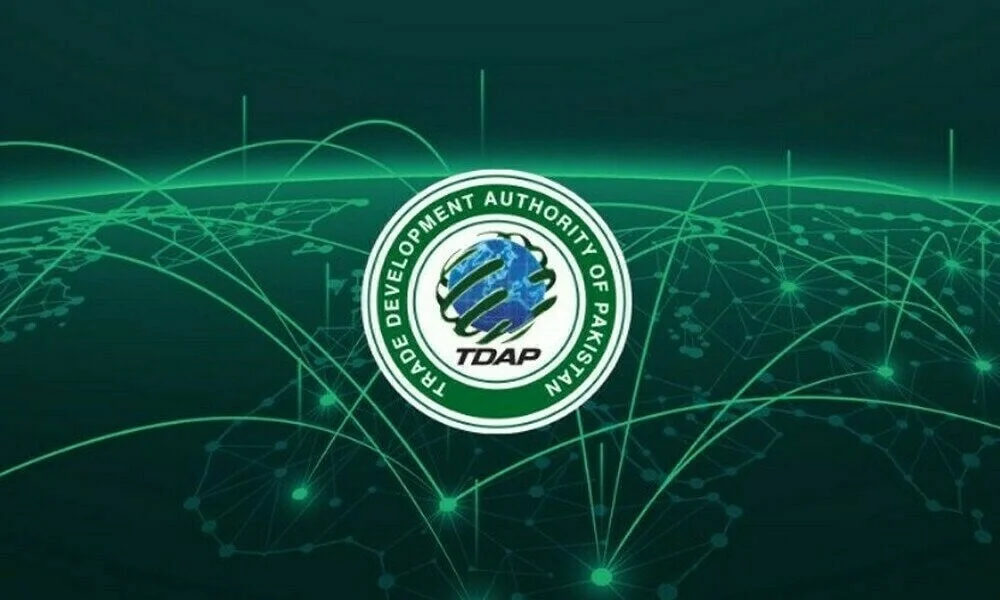
Starlink Set to Bridge Pakistan’s Digital Divide: A Game Changer for Connectivity?
Pakistan is poised to take a leap forward in bridging its digital divide with the imminent arrival of Starlink, the satellite internet service from Elon Musk's SpaceX. Pakistan's ambassador to the US, Rizwan Saeed Sheikh, recently visited SpaceX headquarters in Los Angeles, highlighting the transformative potential of Starlink's technology for the nation's digital landscape. This development follows the announcement by Federal Minister for IT and Telecommunication, Shaza Fatima Khawaja, that Starlink services are expected to be operational in Pakistan by the end of this year.
During the visit, Ambassador Sheikh and his delegation received a comprehensive briefing on the collaboration efforts between Pakistan and SpaceX. Discussions centered on how Starlink's low-Earth orbit (LEO) satellite infrastructure could significantly expand broadband access and enhance connectivity, especially in remote and underprivileged areas. The ambassador reaffirmed Pakistan's commitment to fostering innovation through strategic international partnerships, emphasizing the potential for tangible cooperation in space technology, digital infrastructure, and commercial innovation.
Why is this important? For a nation grappling with digital disparities, Starlink offers a promising solution. Traditional internet infrastructure often struggles to reach geographically challenging or economically disadvantaged regions. Starlink's LEO satellite technology circumvents these limitations, providing high-speed internet access even in the most remote corners of the country. This enhanced connectivity can unlock numerous opportunities for education, healthcare, and economic development.
The provisional license granted to Starlink signifies the government's commitment to encouraging competition and innovation in the telecom sector. The IT minister also mentioned that Shanghai Spacecom Satellite Technology, a Chinese firm, has applied for a similar license, signaling a potential influx of diverse technologies and services. The engagement between the Pakistani delegation and US industry leaders extends beyond SpaceX. Ambassador Sheikh also attended a business luncheon with American entrepreneurs from AgriTech, FinTech, and entertainment sectors, discussing investment opportunities and cross-border collaboration under Pakistan’s evolving economic transformation framework.
"Pakistan is positioning itself as a regional hub of opportunity—linking Central Asia, the Middle East, and South Asia," stated Ambassador Sheikh, emphasizing the country's pro-investment policies and strategic location.
The potential impact of Starlink extends beyond mere connectivity. It can empower local businesses, facilitate access to online education resources, and improve healthcare delivery in underserved communities. However, crucial aspects such as affordability and regulatory frameworks will play a vital role in determining the success and scalability of Starlink's services in Pakistan.
What are your thoughts on Starlink's potential impact on Pakistan's digital landscape? Share your opinions and predictions in the comments below!